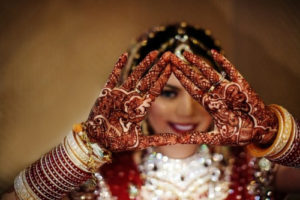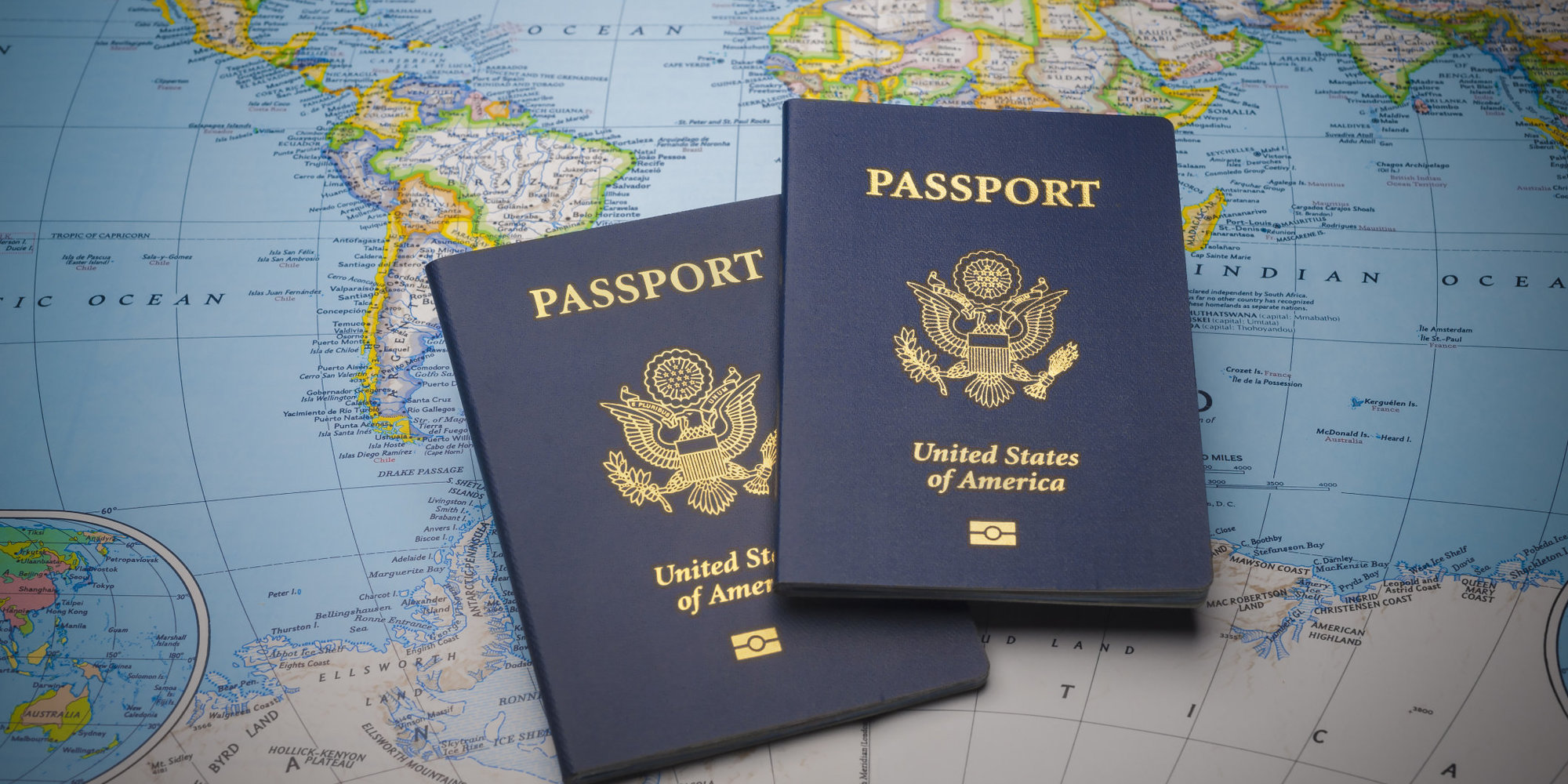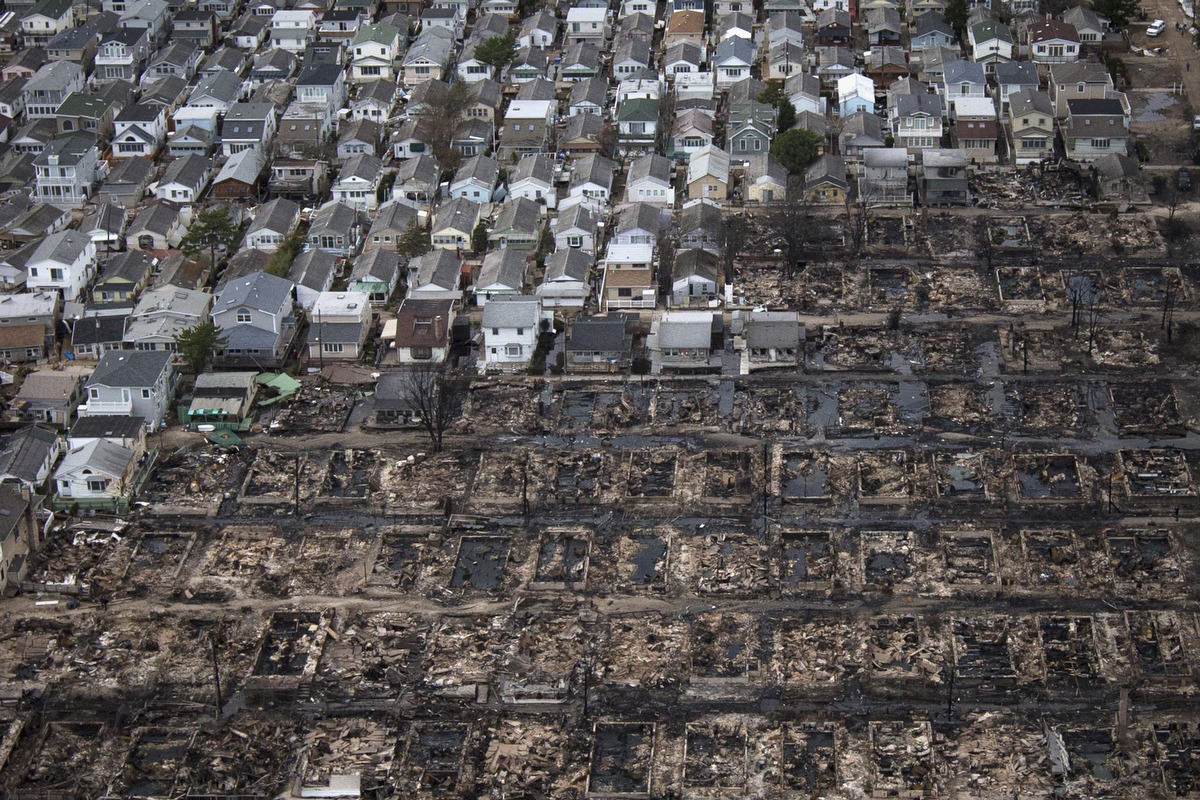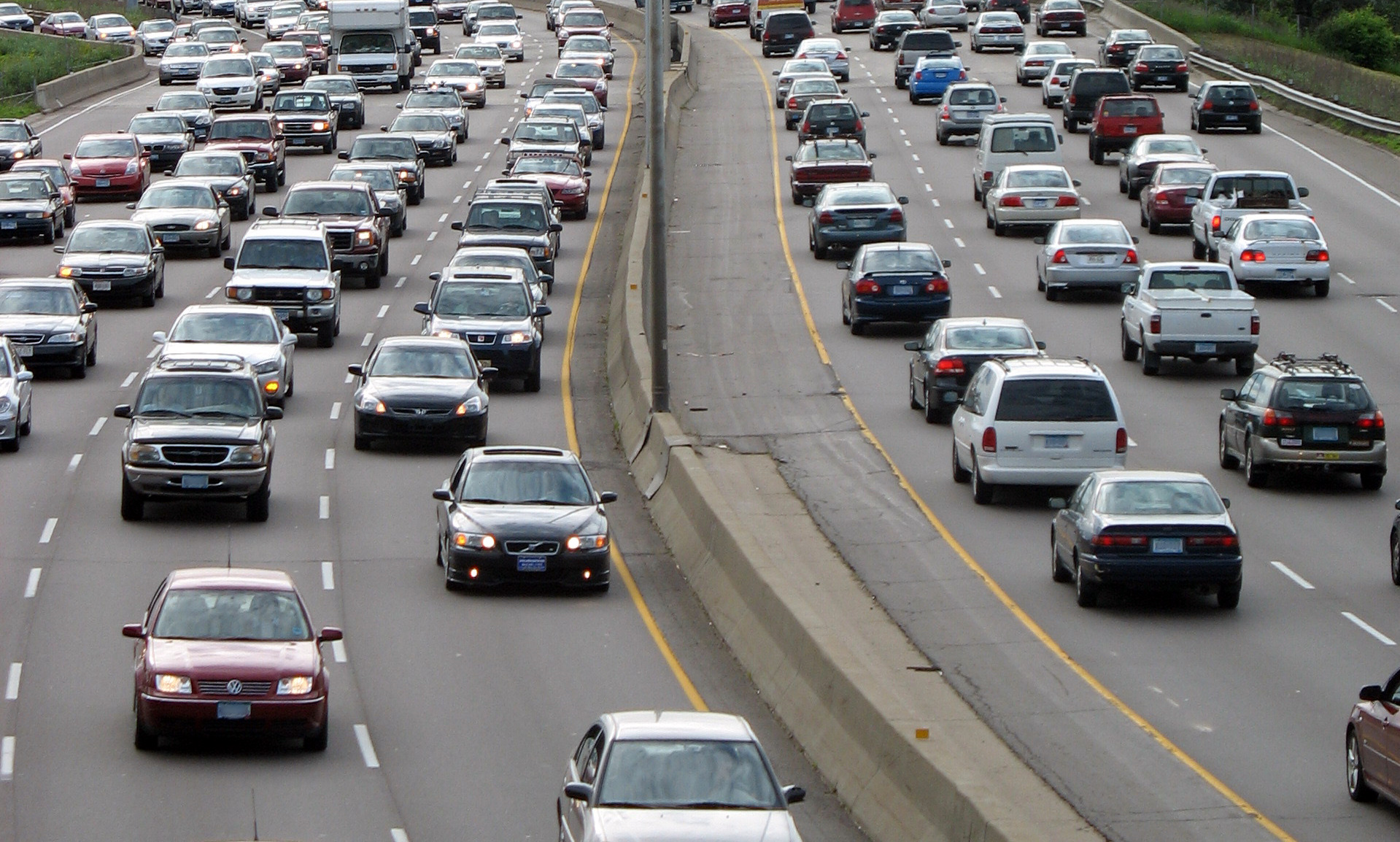WEST LONG BRANCH, N.J. – To me, identity is how you define yourself; personally, I feel that I fit the ABCD stereotype, a.k.a. American-Born-Confused-Desi. I was born in India, but at the age of 7 months, my mom, dad, and I took a 23 hour flight to the great state of New Jersey. Of course, in the next 5 months I was back in India to celebrate my first birthday with all my family, whom to this day, I still do not fully know. But nevertheless, I grew up in America, became a citizen at the age of 16, and have been a proud non-voting member of society ever since.
Obviously, growing up, I was always different. I looked different than every one, I was the weird girl who ate Indian food for lunch in school, and my first language was not English. My pronunciations were that of the way that my parents learned, the British way. Eventually, after being ridiculed for my upbringing, one would think that I would adhere to the American ways, but I just kept on saying things the way that I have always said them. Teachers soon grew accustomed to hearing British phrases interspersed with the American ones, and my friends started using my words as well. Everyone around grew attuned to the food I was eating, they knew which kinds of foods I would be bringing that day and which of their snacks they could try and trade me for my delicious home cooked meals.

My brother was born two years after we relocated, and gets to officially claim the term ABCD. The downside of my brother’s birth was that I was no longer the only child in the family, the full immediate family. I was no longer the crown jewel in my parents eyes; the title now belonged to the chubby baby boy who I actually did like, for a few years. Being an older sister changes the way you think and act, as its no longer just about yourself. You have to worry about the younger one that doesn’t know any better. My personal identity became wrapped up in making sure that my brother was safe and learning how to be a proper human. It became making sure that he would learn our culture and it wouldn’t be a whitewashed version. But he was more American than I was, he doesn’t speak our language fluently and he barely knows any of our stories. His preferred ones are the fairytale and lullabies that we read to him from American storybooks.
Growing up in our original neighborhood, it was easy to stay in touch with the Indian side. Moving to Robbinsville made it difficult. Robbinsville was a stark white, cookie-cutter town, that lacked diversity up until a few years ago. My first year in that town would have been unbearable, if not for the girls who took me under their wing. It was because of them that I could brush off the harsh words and bigotry that came not from the older members of the community, but the people that were around my age. The year I moved was 2002, and the fear of anyone that did not look “white” was running rampant in that small town. I grew a shell that year that, to this day, I keep on through my sarcasm and unwillingness to fully discuss my feelings with anyone, including my parents.
My culture and identity is very based in the country that I’m from, India. I’ve been doing all the Indian things for 20 years, and for about 15, I got made fun of for it.

Recently though, everyone’s been hopping on to the Indian trends, with a new appreciation for our food and more so for our style. Music festivals and raves have appropriated bindis and even crop tops from us. Paisley is really big with Vera Bradley bags and Lily Pulitzer. The biggest thing that people are adopting now are Henna/Mehndi, which we use for big events like weddings and births, but here people use it to fake tattoos and declare their aesthetic. Indian women are prided on having beautiful thick hair that is bought by other women for weaves or wigs. So much of our American culture says that we are better than others, but we really pull most of what we know from every other culture.
That’s something that makes me so proud to be who I am. The fact that as a person I can borrow aspects from so many different cultures and still be a person that my parents can be proud of. I can honestly say that I love my culture and who it’s made me, I’m proud to be a part of the Indian community who are making great strides in technology and are moving towards a more equal society that’s better for men and women. But most of all, I’m so thankful to my parents for having the courage to move to America when they knew no one here, just so my brother and I could have a better and more carefree life. They have truly taught me that I should be the best person I can be, and that’s something I can pass down to future generations.




